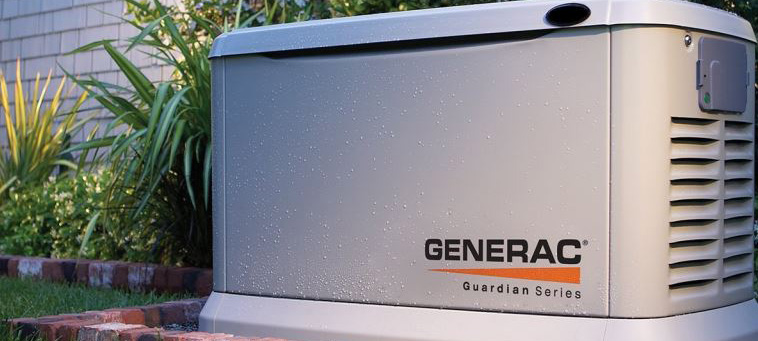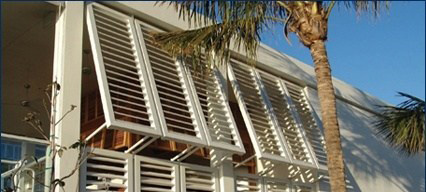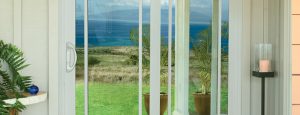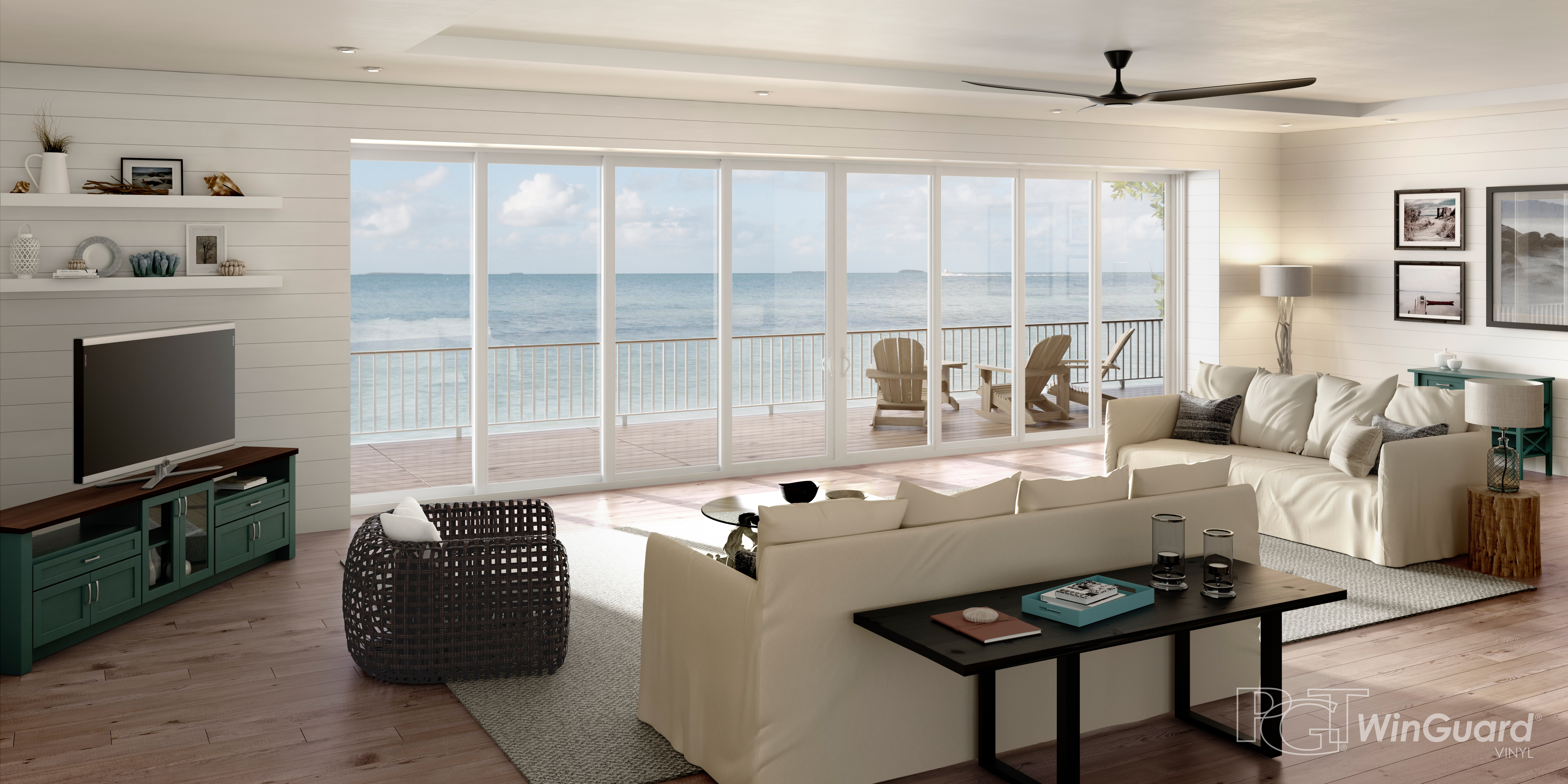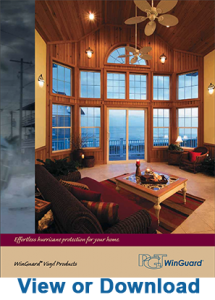Beautiful weather. The relaxed island lifestyle. There are so many great things about living in Bermuda and the Caribbean. Part of that lifestyle, however, is the inevitable — hurricane season. We’ve put together some information about hurricanes, and tips to help you prepare for this eventuality. If you’re building a house or renovating your existing home, there are several things you can do to help prepare for the storm.

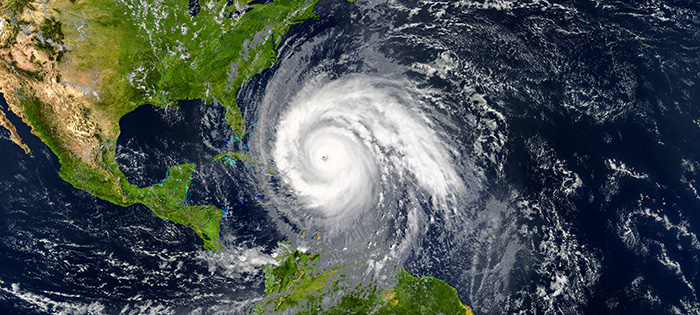
Hurricane Terminology
Hurricane conditions are a threat within 48 hours. Review your hurricane plans, keep informed and be ready to act if a warning is issued.
Hurricane Warning
Hurricane conditions are expected within 36 hours. Complete your storm preparations and leave the area if directed to do so by authorities.
Hurricane Categories
Hurricanes are classified into five categories based on the intensities of their sustained winds:
- Category 1- Winds speeds of 74-95 mph; very dangerous winds will produce some damage
- Category 2- Wind speeds of 96-110 mph; extremely dangerous winds will cause extensive damage
- Category 3- Wind speeds of 111-129 mph; devastating damage will occur
- Category 4- Wind speeds of 130-156 mph; catastrophic damage will occur
- Category 5- Wind speeds greater than 156 mph; catastrophic damage will occur and most areas will be uninhabitable
Hurricane Checklist
These hurricane help measures are recommended by Bermuda's EMO (Emergency Measures Organization):
-
- Collect and bring inside all the loose stuff that may be lying outdoors like garden furniture, plants on pots, barbecues etc. Two wheelers should be brought inside.
- Put the window shutters in place. When the hurricane strikes, it is advisable that you keep one window shutter open by an inch in order to reduce pressure build up.
- Remember that if the eye of the storm passes overhead, a strong wind in an opposite direction will return.
- During the storm, unplug all electronic goods that do not have surge protections. Also pull out the transmission cable from the TV socket. Keep only one light switched on.
- If you see there are torn out electrical wires or branches that have fallen on wires, do not touch them. They may be live and can be fatal.
- If you use a portable generator, ensure that it has been properly earthed. Use it outdoor under a shade. Appliances should be directly plugged into the generator rather than putting the generator into the house lines.
- Take gas for your vehicles and fill up the tanks in advance. However cooking gas cylinders should not be used.
- In areas where there may be seawater contamination, any pipes coming from the roof or other places and leading to the water tank should be closed off.
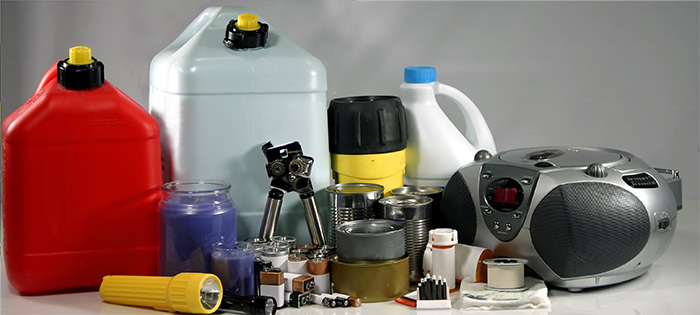
Gather Key Items
- Non-perishable foods, fresh water, powdered milk, toilet paper. Pack non-perishable food for each person for 3-7 days
- Include a manual can opener
- Household bleach to purify water (one drop per litre or four drops per gallon)
- Coolers and ice packs
- Dry pet food
- Portable stove and fuel
- First aid kit and prescription medicines
- Extra cash
- Extra blankets
- Battery-operated AM/FM radio, clock and fan
- Flashlights, candles and matches, batteries
- Plastic garbage bags
- Plastic sheets, duct tape, hammer, nails
- Water jugs, plywood, tarpaulin, work gloves
- Fire extinguisher
Links and Resources
Bermuda Emergency Measures Organisation
Red Cross Caribbean Disaster Management Reference Centre
American Red Cross- Hurricane Information
Do you have a link you would like us to add? Please email it to us. Thank you!
Standby Generators
Enjoy convenience and peace of mind with an automatic standby generator. A backup to your electrical system, the generator operates whether you are home or away. Within seconds of an outage, it automatically supplies power directly to your home’s electrical circuit breaker box.
After utility power returns, the generator shuts itself off and waits for the next outage. It operates on natural gas or liquid propane gas and sits outside just like a central air conditioning unit. After a storm or during any power outage, it is important to keep clean water pumping and your food supply fresh. Check out the video to learn more about how standby generators work.
[contact-block content=" for more details. Global Sales can help you select the right generator model for your home or business."]
How a Standby Generator Works
Generator Sizing Calculator
Storm Shutters and Panels
There are several options for you to choose from to protect your home from storms. These shutters and panels are custom made of high-quality products and are proven to perform in the Caribbean and Bermuda. We’ll help you determine what the best option is for your home and provide you with tips on measuring. Global Sales offers the following options:
- Colonial Shutters
- Bahama Shutters
- Rollup Shutters
- Storm Panels
- Accordian Shutters
[contact-block content="for a no obligation quote or for answers to your questions."]
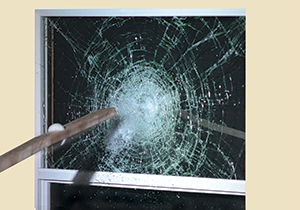
Impact resistant windows and doors help protect your home against hurricane-force winds and flying debris. Plus, they can provide year-round security against thieves and intruders, dramatically reduce outdoor noise and filter out 99% of the UV light that enters your home and causes fading.
When combined with insulating glass you have energy efficient windows that can significantly reduce cooling and heating costs.

JELD-WEN® offers custom wood, vinyl and aluminum windows and patio doors with JELD-WEN ImpactGard protection ideal for homes in areas prone to hurricanes and other extreme conditions. They're designed to meet the strictest building codes. Check out the video to the above.
ImpactGard Protection from Jeld-Wen
WinGuard®
[contact-block content="to discuss what doors and windows would work best for your home."]

